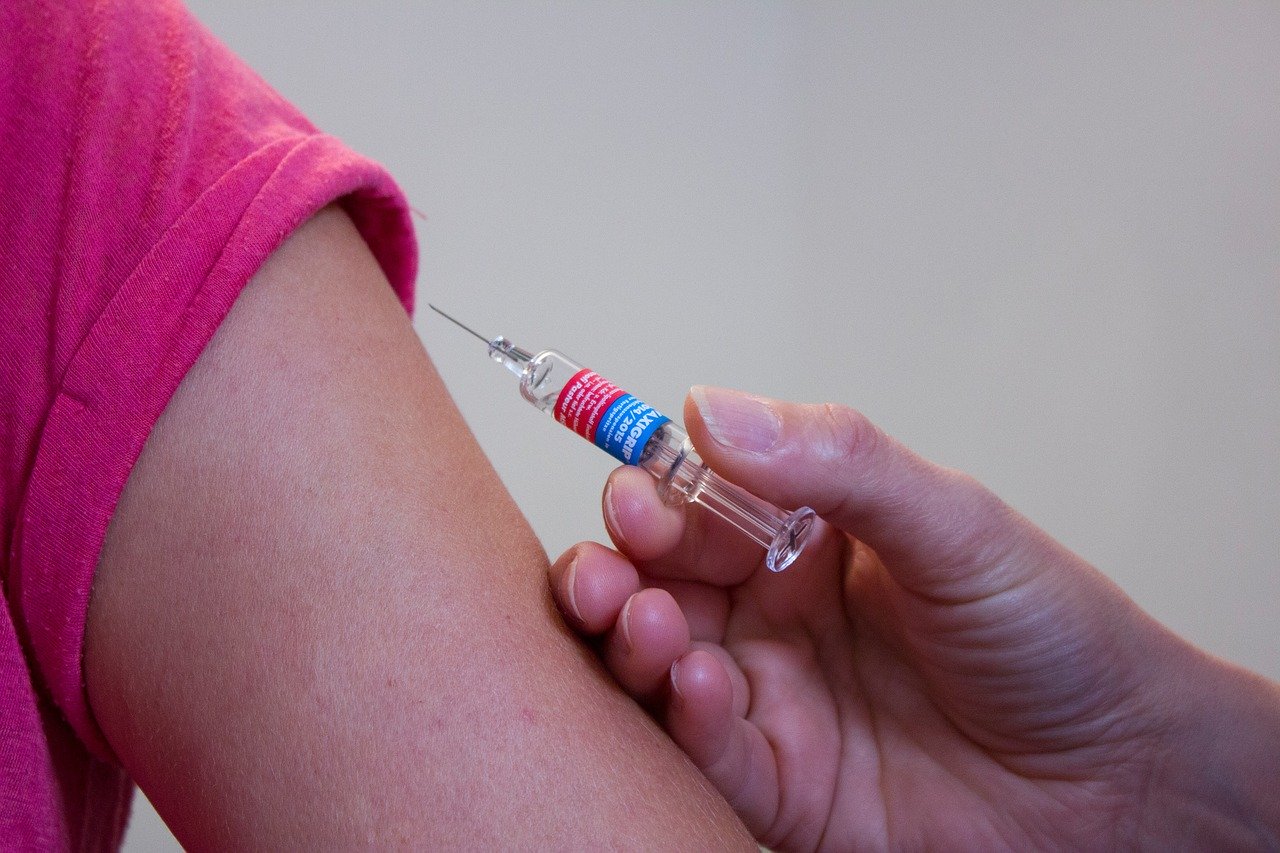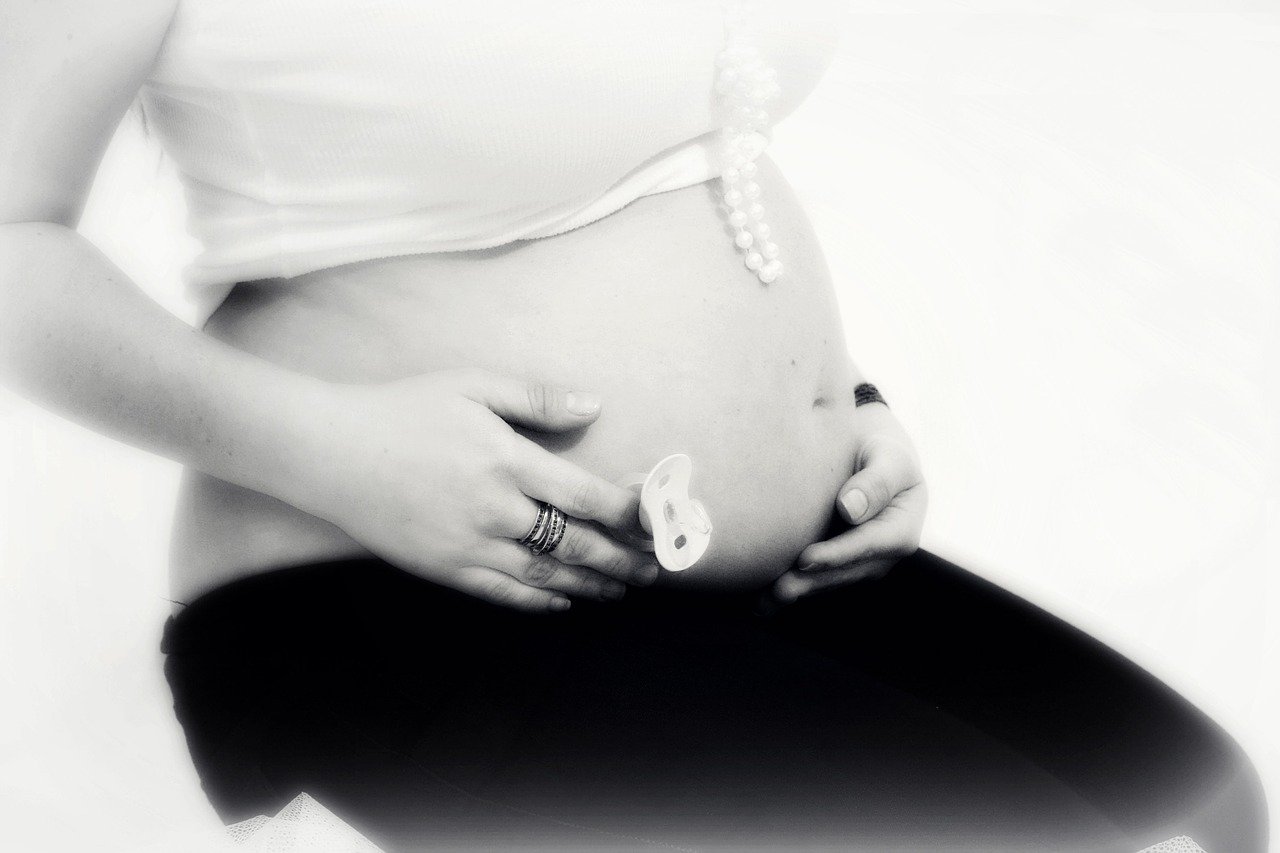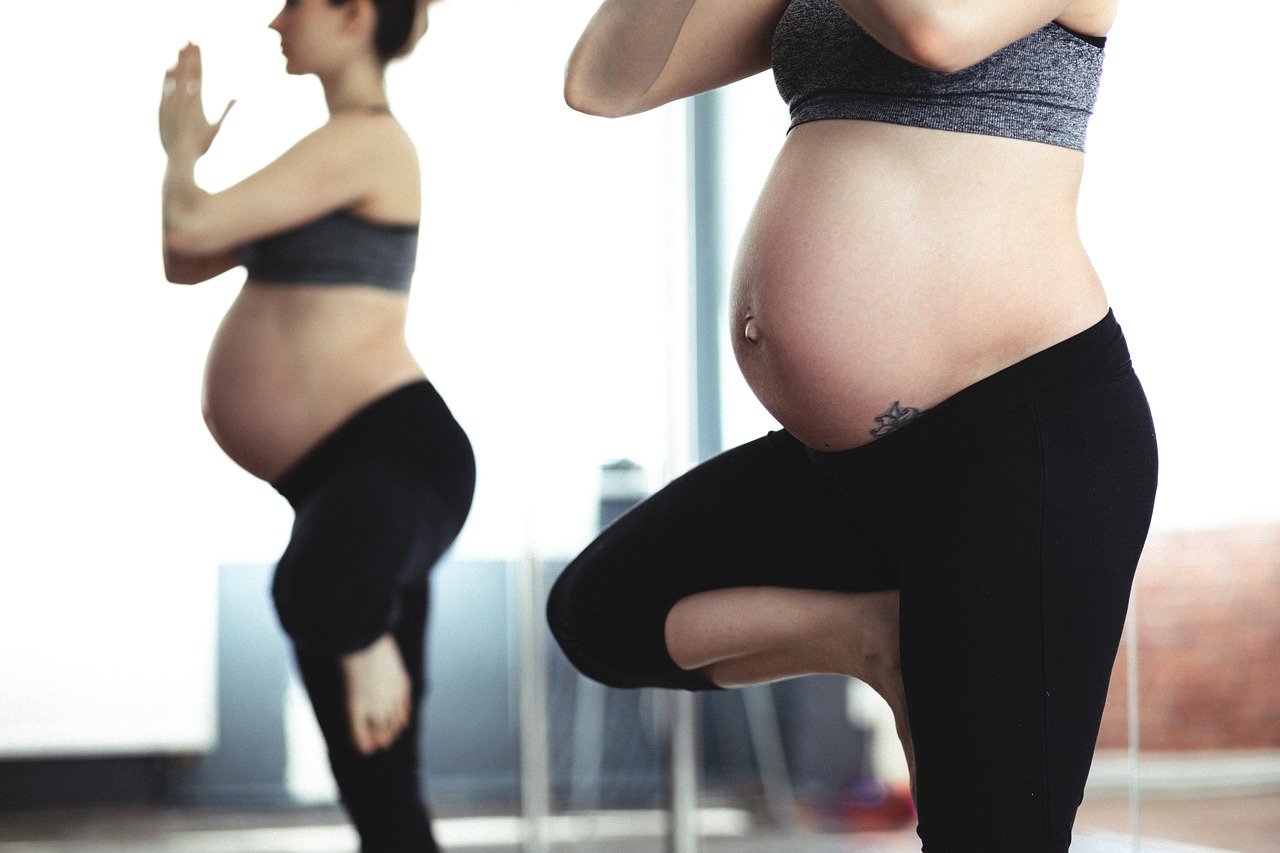In April 2020 researchers from China published their review of the medical scientific literature to assess the association between trimester-specific maternal exposure to air pollutants and complications of pregnancy. A … Read more
Tetanus, diphtheria and whooping cough vaccination given during pregnancy does not appear to be associated with spontaneous abortion, pre-eclampsia or preterm labour, birth defects, growth problems in utero, growth problems in infancy, preterm birth, or low birth weight
In February 2020 researchers from the USA published the results of their study to assess the safety of the tetanus, diphtheria and whooping cough vaccine in pregnancy. The vaccine was … Read more
Low-dose aspirin usage during pregnancy reduces the risk of pre-eclampsia
In January 2020 researchers from The Netherlands published the results of their study to assess the use of low-dose aspirin amongst women with an increased risk pre-eclampsia. It has been … Read more
Preterm birth (before 37 weeks) and early preterm birth (before 34 weeks) appear to be reduced in women receiving omega-3 long chain polyunsaturated fatty acids either as supplementation or dietary addition plus possibly a reduced risk of perinatal death, neonatal care admission, and low birth weight babies but possibly a small increased risk of large for gestational age babies
In November 2018 researchers from Australia published their review of the medical scientific literature to assess the effect of omega-3 long chain polyunsaturated fatty acids, either as a supplement or … Read more
Vitamin D supplementation probably reduces the risk of pre-eclampsia, gestational diabetes, low birthweight and may reduce the risk of severe postpartum haemorrhage, whilst vitamin D and calcium probably reduces the risk of pre-eclampsia but may increase the risk of preterm birth (before 37 weeks)
In July 2019 researchers from the USA published their review of the medical scientific literature to assess whether vitamin D supplementation, either alone or in combination with calcium or other … Read more
Calcium supplementation before and early in pregnancy may reduce the risk of women experiencing pre-eclampsia or pregnancy loss at any gestational age
In September 2019 researchers from South Africa published their review of the medical scientific literature to assess the effect of calcium supplementation, given before or early in pregnancy and for … Read more
Society of Obstetricians and Gynaecologists and Canadian Society for Exercise Physiology publish the 2019 Canadian guidelines for physical activity throughout pregnancy
In November 2018 researchers from Canada published the 2019 Canadian Guideline for Physical Activity throughout Pregnancy. This Clinical Practice Guideline was prepared by the Guidelines Consensus Panel and reviewed by … Read more
The Early Nutrition Project have published updated recommendations for optimized nutrition before and during pregnancy, during breastfeeding, infancy and toddlerhood which should contribute to the prevention of obesity and associated non-communicable diseases
In February 2019 researchers from Germany, UK, Poland, The Netherlands and Australia who were part of the The Early Nutrition Project published their review of the medical scientific literature and … Read more
Vegetarian and vegan diets increase the risk of nutritional deficiencies such as proteins, iron, vitamin D, calcium, iodine, omega-3 and vitamin B12 but can be considered safe during pregnancy and breastfeeding as long as all nutritional requirements are met
In March 2019 researchers from Spain published their review on the consumption of vegetarian and vegan diets during pregnancy and breastfeeding. The researchers stated that balanced plant-based diets rich in … Read more









